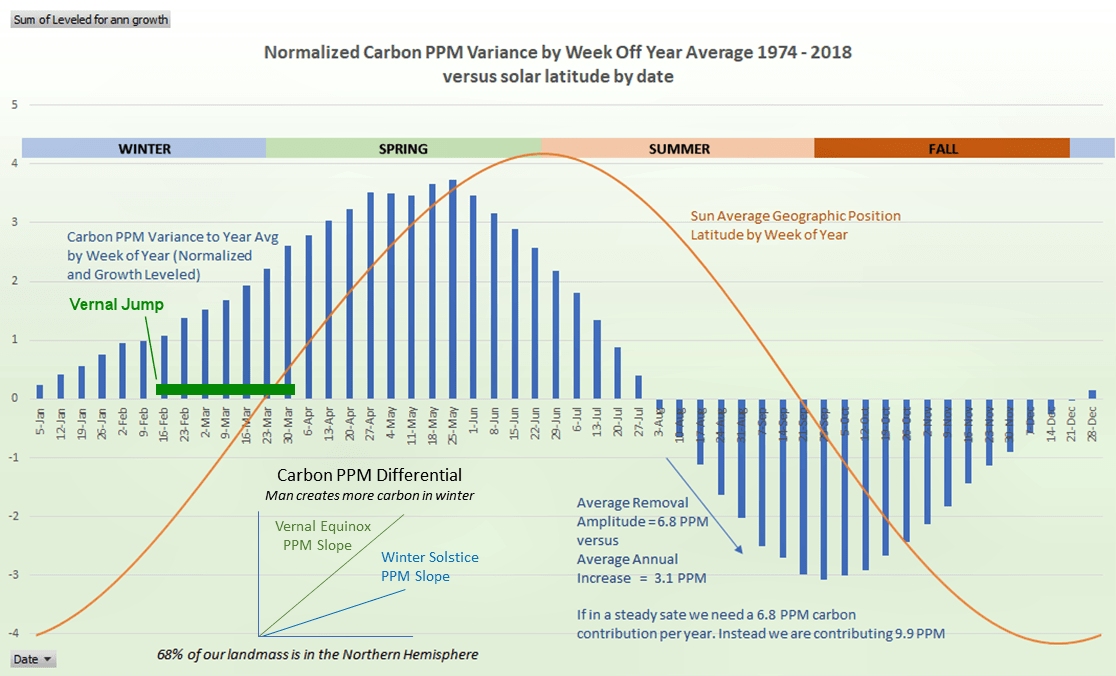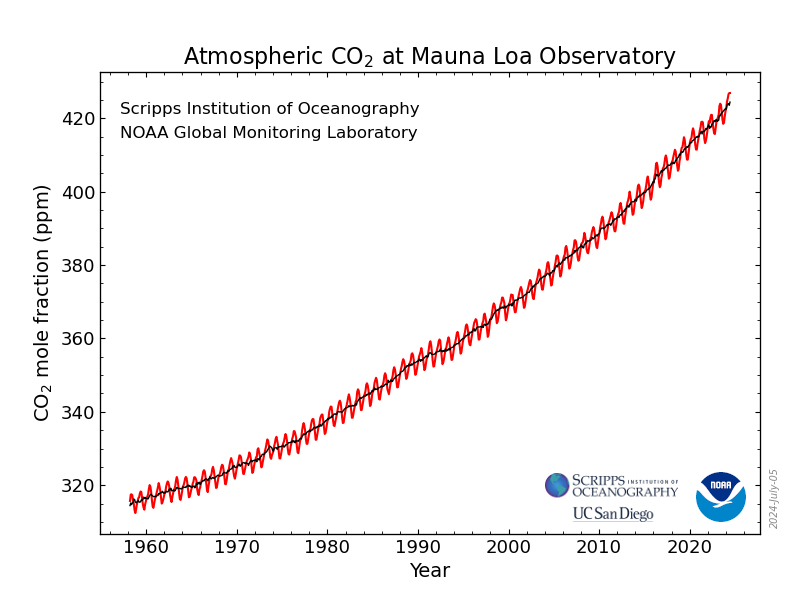Despite whatever you currently believe about climate change, this is a really interesting video about the historical temperatures taken from the Greenland ice sheet.
There has been huge variations in temperature in the past 250k years. Some of them led to mass extinctions, others, humans survived. He even mentions Atlantis and how this could be a lost civilization that is now buried 400 feet under water which was caused by massive melting and rising seas.
In one example, the research shows our global temps may have increased as much as 18 degrees in 1 year.
I'm curious how you think this plays in to the current explanations of global warming. It seems like current climate change scientists generally site data within the last 10,000 years, but this time period is such a short snippet of time during a stable period of time.
There has been huge variations in temperature in the past 250k years. Some of them led to mass extinctions, others, humans survived. He even mentions Atlantis and how this could be a lost civilization that is now buried 400 feet under water which was caused by massive melting and rising seas.
In one example, the research shows our global temps may have increased as much as 18 degrees in 1 year.
I'm curious how you think this plays in to the current explanations of global warming. It seems like current climate change scientists generally site data within the last 10,000 years, but this time period is such a short snippet of time during a stable period of time.




